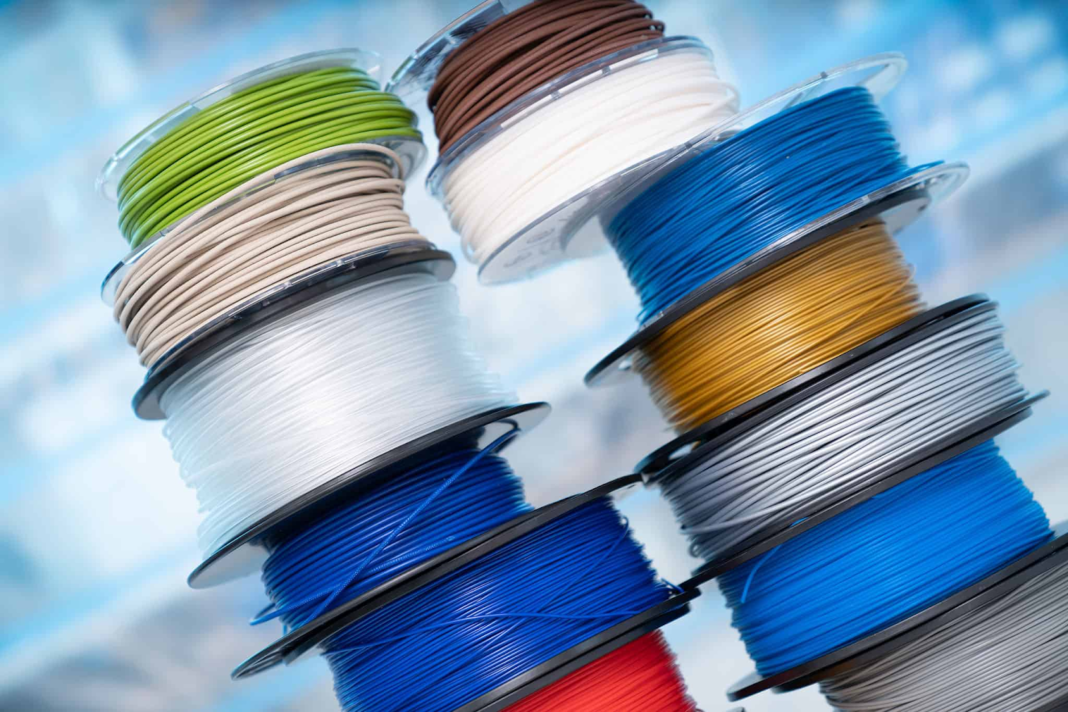The world of 3D printing has evolved dramatically in recent years, and one of the most significant factors impacting the industry is the price of 3D printing filament. As hobbyists and professionals alike dive into the realm of 3D printing, understanding how different types of filaments, especially colored options, can influence pricing is essential.
Understanding 3D Printing Filament Prices
Factors Affecting Filament Pricing
When considering 3D printing filament price, several elements come into play:
- Material Type
The base material of the filament, such as PLA, ABS, or PETG, significantly influences the price. Different materials have varying production costs, which directly affects how much consumers pay. - Production Method
The manufacturing process can impact the cost. For example, filaments produced using high-quality, precise extrusion methods may come with a higher price tag compared to those made with cheaper, less accurate processes. - Brand Reputation
Established brands often command higher prices due to their reputation for quality and reliability. However, this can also provide consumers with peace of mind regarding performance and consistency.
The Impact of Colored Filaments
Why Color Matters
Colored filaments are typically more expensive than standard filaments due to several factors:
- Dye and Pigment Quality
High-quality pigments and dyes used to achieve vibrant colors can increase production costs. The better the color, the higher the potential price of the filament. - Demand and Popularity
Popular colors or unique finishes (like metallic or translucent) can drive up demand, influencing the market price. As certain colors become trendy, their price may rise due to increased consumer interest.
Special Effects and Unique Colors
Certain colored filaments, especially those with special effects (like glow-in-the-dark or color-changing filaments), often come at a premium. These unique options require specialized materials and production processes, which can increase costs further.
Comparing Different Filament Types
Common Types of 3D Printing Filaments
To help illustrate the differences in 3D printing filament prices, here’s a brief overview of common filament types and their associated costs:
- PLA (Polylactic Acid)
Generally the most affordable and widely used filament. Prices vary based on color and brand but are typically lower than other materials. - ABS (Acrylonitrile Butadiene Styrene)
More durable than PLA but often priced higher due to its strength and heat resistance. - PETG (Polyethylene Terephthalate Glycol)
A mid-range option that combines the ease of use of PLA with the durability of ABS, often priced accordingly. - Specialty Filaments
This includes flexible, composite, or exotic materials that can significantly increase the overall 3D printing filament price.
Example Price Ranges
| Filament Type | Average Price per kg | Characteristics |
| PLA | $15 – $25 | Easy to print, biodegradable |
| ABS | $20 – $30 | Durable, heat-resistant |
| PETG | $25 – $35 | Strong, versatile |
| Specialty Filaments | $30 and up | Unique properties and effects |
Making Informed Choices
Choosing the Right Filament for Your Project
When considering your options, it’s essential to evaluate the specific requirements of your project:
- Budget Constraints
Determine how much you’re willing to spend on the filament. Understanding how colored filaments can affect prices will help you make informed decisions. - Quality vs. Cost
Sometimes, it’s worth investing a little more in a high-quality filament that yields better results, especially for professional projects.
Buying from Reputable Sources
To ensure you’re getting quality 3D printer filament, consider purchasing from reputable suppliers or brands known for their quality. This can often save you money in the long run by reducing waste and improving the quality of your prints.
Conclusion
Understanding the intricacies of 3D printing filament price is crucial for anyone involved in 3D printing. The choice of colored filaments can significantly influence costs due to factors like material quality, production methods, and demand. By staying informed about these factors, you can make educated decisions when selecting the right filament for your projects, whether you’re a hobbyist or a professional using 3D printers for serious applications.




